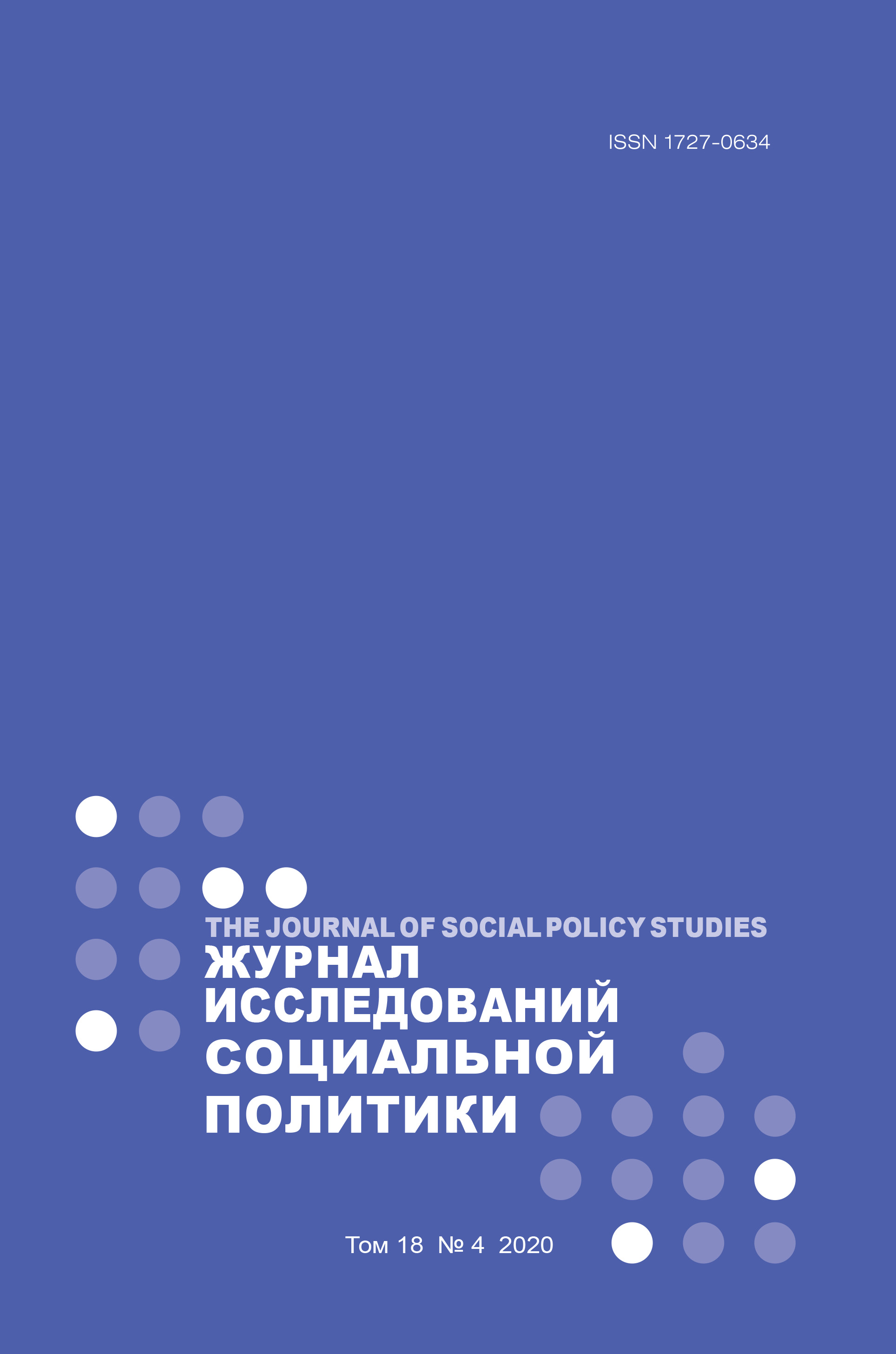Migrant Access to Social Services in Russia: The Case of Azerbaijanis
Abstract
This article examines access to social services for migrants from Azerbaijan in 2017 compared to 2011, as well as changes to the level of access in the aftermath of reform to migration legislation in 2013–2016. As the main indicators for analysis, we chose the legality of work, working conditions, medical services, education of children, and housing conditions of Azerbaijani migrants in comparison with migrants from other CIS countries. The empirical base of the study was data from a nationwide survey of migrants in 2011 and 2017. We also used data from semi-structured interviews with experts. The study showed that migrants from Azerbaijan, being one of the least regulated groups in the Russian labour market, have the same level of access to social services as migrants from other CIS countries. Due to the high level of informal and irregular employment, cases of violation of labour rights are
still widespread. However, due to high financial solvency in comparison with other migrants, Azerbaijanis have equal or better access to health care, children’s education and housing conditions. This is because, first, they are more likely than others to apply for paid medical services. Secondly, Azerbaijani migrants have wider access to preschool institutions in Russia
in comparison with immigrants from Central Asia, and to general education institutions they are at the same level as other migrants. Third, Azerbaijanis are provided with separate housing, including their own, more than other groups of migrants. It is concluded that in 2017, compared to 2011, access of migrants in general, including Azerbaijanis, to social services has improved. Some of these changes are related to the amendments to the migration legislation in 2013–2016.















